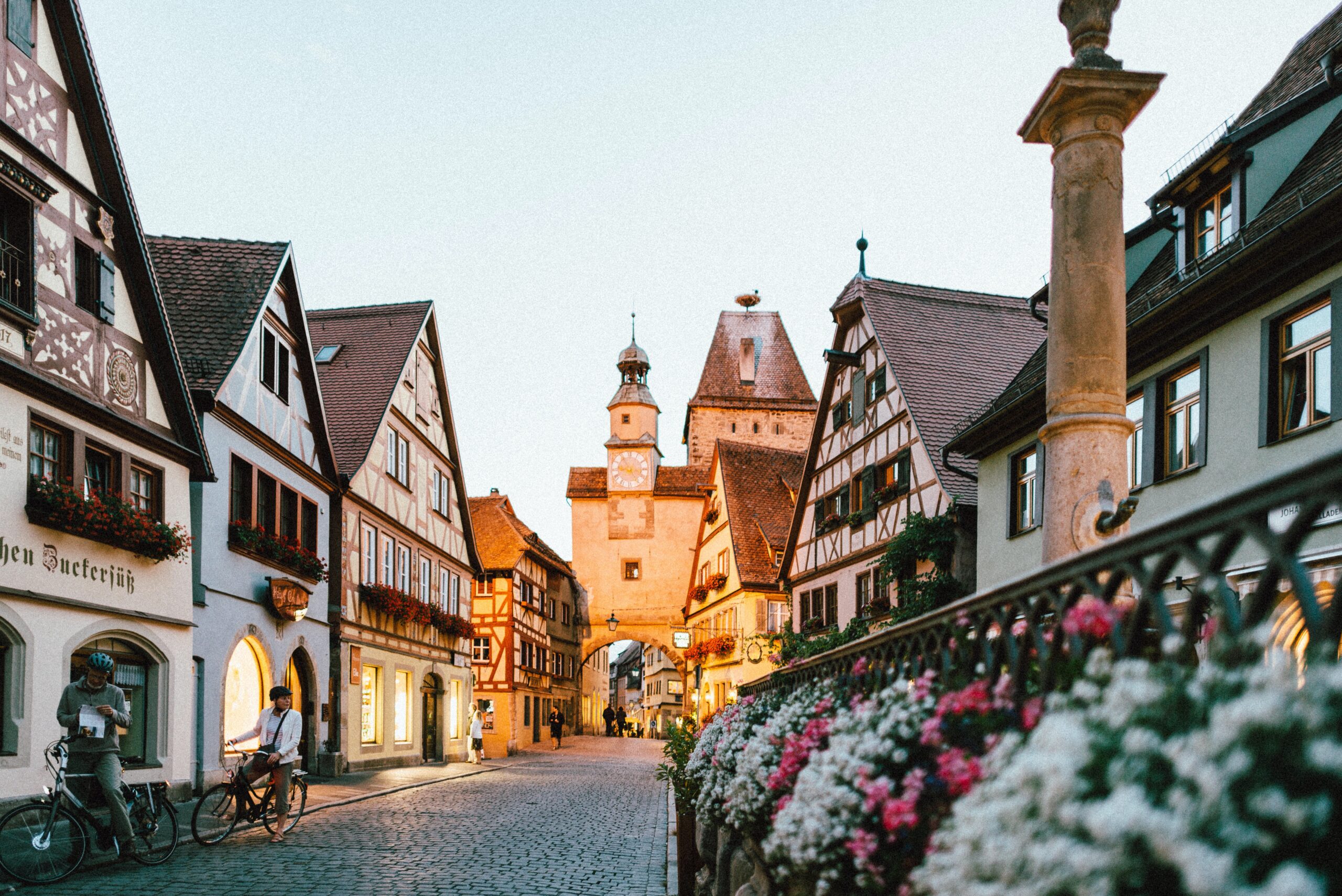
Discover how Much Does It Cost to Travel Europe for a Month?
Traveling to Europe is an adventure of a lifetime.
However, the cost of travel in Europe can be daunting, and it is essential to budget wisely to ensure a comfortable and enjoyable trip.
In this article, we will break down the expenses associated with traveling Europe for a month to help you plan your dream adventure.
Planning Your Trip: Factors to Consider
Before embarking on a European adventure, it is important to consider the following factors:
Time of Year
The time of year can significantly impact your travel expenses in Europe.
The peak season is typically between June and August, when tourists flock to the continent to enjoy the warm weather and festivals.
As a result, flights and accommodations during this time can be more expensive.
Traveling during the shoulder season, which falls between April to May and September to October, can result in lower prices and fewer crowds.
Destinations
The destinations you choose to visit can also impact your travel expenses.
Western European countries like France, Italy, and Spain tend to be more expensive than Eastern European countries like Poland, Hungary, and Romania.
Additionally, major tourist hotspots like Paris and Amsterdam can be more expensive than smaller, lesser-known destinations.
Mode of Transportation
The mode of transportation you choose can also affect your travel expenses.
Flights can be expensive, but they are often the fastest way to travel long distances.
Trains are a popular and convenient mode of transportation in Europe, but they can also be costly.
Buses are often the most budget-friendly option but can be less comfortable than trains or flights.
Accommodations
Accommodations can be a significant expense when traveling in Europe.
Hotels can be expensive, but they offer a higher level of comfort and privacy.
Hostels are a more affordable option, but they often require sharing a room with other travelers.
Vacation rentals like apartments or houses can be a great option for families or larger groups but can also be expensive.
Average Daily Budget for Traveling Europe
The average daily budget for traveling Europe can vary depending on the factors mentioned above.
However, a budget of €50-€100 per day per person can cover accommodation, food, transportation, and sightseeing expenses.
This budget assumes staying in budget accommodations like hostels or vacation rentals, eating at local restaurants or cooking meals at home, using public transportation, and visiting mostly free or low-cost attractions.
Transportation Expenses
Transportation expenses can be a significant portion of your travel budget in Europe.
Here are the average costs for flights, trains, and buses:
Flights
Flights in Europe can range from budget airlines like Ryanair and EasyJet, which offer low fares but charge extra for baggage and other services, to major airlines like Lufthansa and British Airways, which offer more amenities but at a higher cost.
The average cost of a flight within Europe is around €100-€200, depending on the destination and time of year.
Trains
Trains are a popular way to travel within Europe, offering a comfortable and convenient option for exploring multiple destinations.
However, train tickets can be expensive, especially if you are traveling long distances or choosing first-class accommodations.
The average cost of a train ticket within Europe is around €50-€150, depending on the distance and class of travel.
Buses
Buses are often the most budget-friendly option for traveling within Europe, with companies like Flixbus and Eurolines offering low fares between major cities.
However, buses can be less comfortable and take longer than trains or flights.
The average cost of a bus ticket within Europe is around €10-€50, depending on the destination and time of year.
Accommodation Expenses
Accommodation expenses can also be a significant part of your travel budget in Europe.
Here are the average costs for hotels, hostels, and vacation rentals:
Hotels
Hotels in Europe can range from budget options like Ibis and Travelodge to luxury properties like the Ritz-Carlton and Four Seasons.
The average cost of a hotel room in Europe is around €100-€200 per night, depending on the location and level of luxury.
Hostels
Hostels are a popular option for budget travelers in Europe, offering shared or private rooms at a lower cost than hotels.
Hostels also provide opportunities for socializing and meeting other travelers.
The average cost of a hostel bed in Europe is around €10-€50 per night, depending on the location and level of comfort.
Vacation Rentals
Vacation rentals like apartments or houses can be a great option for families or larger groups, offering more space and amenities than a hotel or hostel.
However, vacation rentals can also be more expensive, especially in popular destinations like Paris or Barcelona.
The average cost of a vacation rental in Europe is around €100-€300 per night, depending on the location and size of the property.
Food and Drink Expenses
Food and drink expenses can vary greatly in Europe, depending on the destination and the type of dining experience you choose.
Eating at local restaurants can be affordable in some areas, while others can be quite expensive.
Cooking meals at home or packing picnics can be a great way to save money on food expenses.
The average cost of a meal at a local restaurant in Europe is around €10-€30 per person, while a meal at a more upscale restaurant can cost upwards of €50 per person.
The cost of alcohol can also vary greatly, with beer and wine typically more affordable than cocktails or spirits.
Conclusion
Traveling to Europe can be an incredible adventure that can be enjoyed on a budget, provided you plan carefully and make the most of your money.
While the cost of travel will vary depending on a number of factors such as the countries you visit, the season you travel in, and the level of luxury you desire, it is possible to have a great time without breaking the bank.
FAQs:
- How much does it cost to travel Europe for a month?
The cost of traveling Europe for a month will vary depending on a number of factors such as the countries you visit, the season you travel in, and your level of luxury.
However, a rough estimate for a budget trip could be around €1500-€2000, while a mid-range trip could cost between €2500-€4000, and a luxury trip could cost upwards of €5000.
- How can I save money while traveling in Europe?
There are many ways to save money while traveling in Europe, such as staying in budget accommodations, using public transportation, cooking your own meals, and looking for deals and discounts.
You can also consider traveling during the off-season or choosing less expensive destinations.
- What are some of the best budget destinations in Europe?
There are many budget-friendly destinations in Europe, such as Portugal, Hungary, Czech Republic, Poland, and Croatia.
These countries offer a range of attractions and experiences at a lower cost than some of the more popular destinations like France, Italy, or the United Kingdom.








